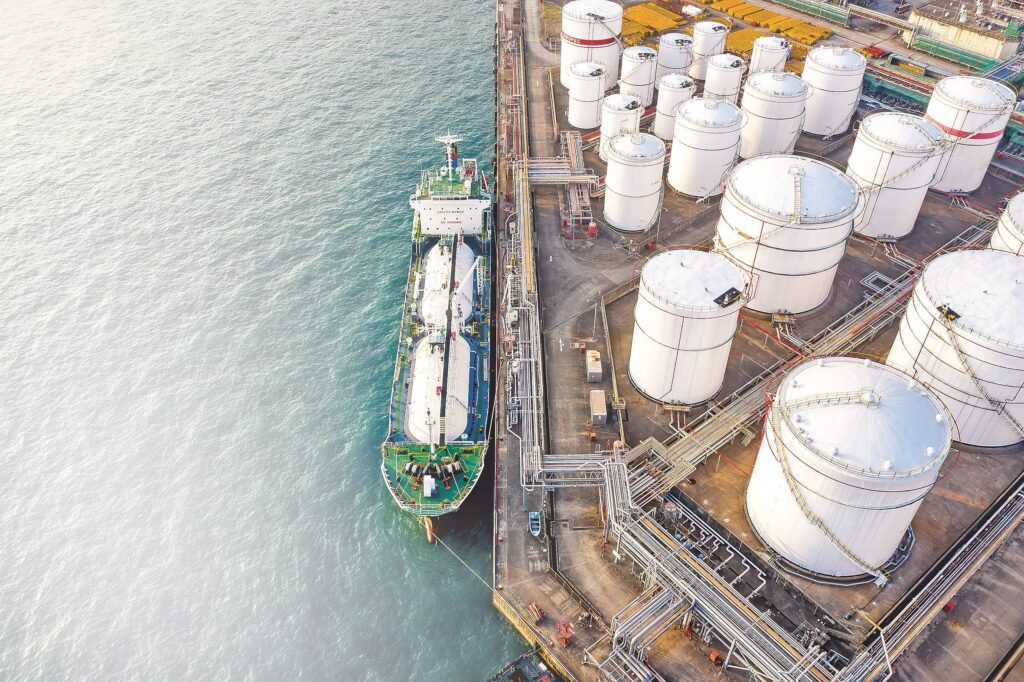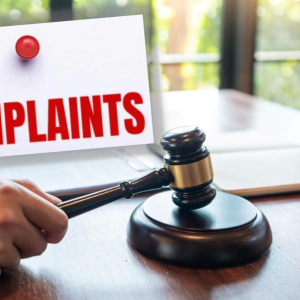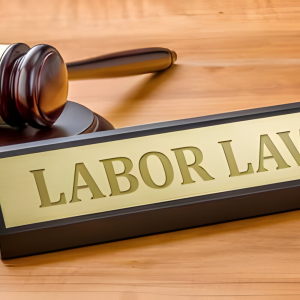EU Sanctions Trigger A Global Chain Reaction
The ripple effects of global politics have once again reached the shores of India — not through embassies or press conferences, but through the waters that carry the world’s fuel. This time, it’s the EU’s sanction on Russian oil exports that have cast a long shadow over maritime routes, leaving behind not just disrupted trade, but also affected livelihoods. And at the heart of this storm is an Indian arm of a UAE-based shipping company, grappling with the consequences.
For months, European nations have been tightening the screws on Russian oil shipments, trying to curb Moscow’s influence and funding channels. While the intent is clear on the geopolitical chessboard, the consequences are not limited to politicians and policy rooms. Real people, especially those far removed from these decision-making circles, find themselves carrying the burden of compliance, scrutiny, and at times, blame.
An Indian-Origin Captain Caught in the Middle

Among the affected is an Indian-origin captain, whose years of dedication and service at sea have now been overshadowed by controversy. Tasked with steering one of the many oil tankers that sail under complex ownership structures, the captain became an unexpected focal point in a much larger global conflict.
Despite following established maritime procedures, the captain found himself entangled in the aftermath of the EU’s intensified enforcement. What was once a routine job — transporting oil — has now become a legally and morally complex mission. He is now navigating not just the waves, but legal uncertainties, reputational risks, and the stress of being held accountable for decisions often made in boardrooms miles away from the deck.

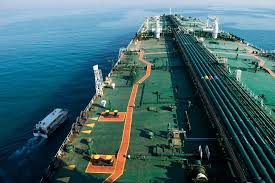
Indian Arm of UAE-Based Firm Faces Operational Setbacks
The company in question, a UAE-headquartered shipping giant with an active Indian subsidiary, has been one of the many logistics players helping facilitate global oil supply. While their operations span continents, their vessels have increasingly come under scrutiny due to stricter monitoring of Russian-linked cargo movements.
The Indian branch, which employed hundreds and contributed significantly to regional maritime logistics, is now facing operational slowdowns. Contracts are being re-evaluated, vessels are being redirected, and teams are grappling with legal frameworks that are as unpredictable as the seas themselves.
What was once a vibrant hub of activity is now quieter — phones ring less often, schedules remain unconfirmed, and a sense of uncertainty hovers in the air. Ship captains, crew members, port managers, and office executives alike feel the tension. And the emotional toll, especially on those who have dedicated decades to their maritime careers, is profound.
Emotional and Professional Impact on Seafarers
Behind the economic jargon and policy headlines are human beings — fathers, mothers, sons, and daughters — who live their lives on the waves so the world can keep running on fuel. For them, this crisis is not just about sanctions; it’s about sleepless nights, families back home, and the anxiety of job security.
The Indian-origin captain, whose name is currently withheld due to ongoing proceedings, represents thousands of such professionals. Known among peers for his calm demeanor, unwavering discipline, and respect for international norms, he never imagined being in the spotlight for something so politically charged.
His family in India, too, finds itself in an emotional quagmire. Phone calls are filled with worry rather than routine updates. Children ask questions no parent can easily answer. The very pride of having a family member responsible for a massive oil tanker now comes with a heavy heart.
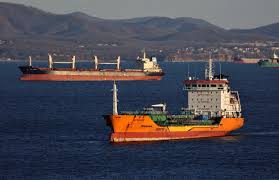
A Wake-Up Call for Global Maritime Governance
This incident underscores the complex web that the global oil trade has become. With vessels often owned by shell companies, managed by firms in different jurisdictions, and manned by multinational crews — accountability is often diluted. The captain is the face of the ship, but decisions that chart its course often come from unseen hands.
Maritime experts argue that while sanctions are necessary for global accountability, enforcement must be nuanced. Holding individual crew members responsible for cargo decisions made at the corporate or geopolitical level risks setting a dangerous precedent. It places undue pressure on the wrong link in the chain — the human one.
India’s Maritime Community Rallies in Support
In the face of this adversity, one silver lining has emerged — solidarity. The Indian maritime community, both online and offline, has rallied in support of the affected crew. Seafarer unions, retired captains, and industry veterans are voicing their concern and offering legal, emotional, and professional support.
For a community that often feels invisible despite playing a crucial role in the world economy, this incident has become a rallying point. There are growing calls for better protections for Indian seafarers operating in politically volatile contexts. Suggestions include legal aid funds, government support desks, and tighter due diligence on the cargo origins of Indian-bound ships.
The UAE-Based Firm’s Quiet Response
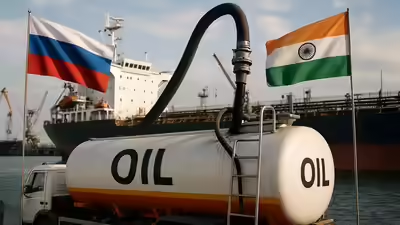
The shipping company, while maintaining a low profile, is said to be cooperating with authorities and reviewing its cargo vetting systems. Internally, there are murmurs of audits, revised training programs, and more transparency in operational procedures. For them, the incident has not just sparked a legal review, but also a cultural one — one that might redefine how they treat their sea crews and how responsibilities are shared.
Many hope this becomes a turning point where firms recognize the frontline workers not just as employees but as partners who deserve to be shielded from high-stakes consequences.
Hope and Resilience on the Horizon
Despite the uncertainty, there remains a powerful sense of hope. The captain, while momentarily under pressure, is receiving strong legal and community backing. His years of unblemished service are being documented and highlighted in petitions and testimonials. Maritime law experts are confident that with the right representation, the case will turn in his favor.
More importantly, this event has brought attention to an often-ignored reality — the vulnerability of seafarers in a global economy dictated by politics. Their courage, discipline, and resilience deserve far more visibility and respect.
As the oil flows shift, contracts get rewritten, and routes are redrawn, one thing remains unchanged — the commitment of men and women at sea. They brave the elements, the risk, and now, the law — to keep the world running.
This incident is not just about sanctions. It’s about people. And in the middle of legal mazes and diplomatic tensions, the human spirit once again proves unshakeable.
Do follow UAE Stories on Instagram
Rakshabandhan 2025: 8 Best Rakhi Gifts In Dubai To Surprise Your Sibling

